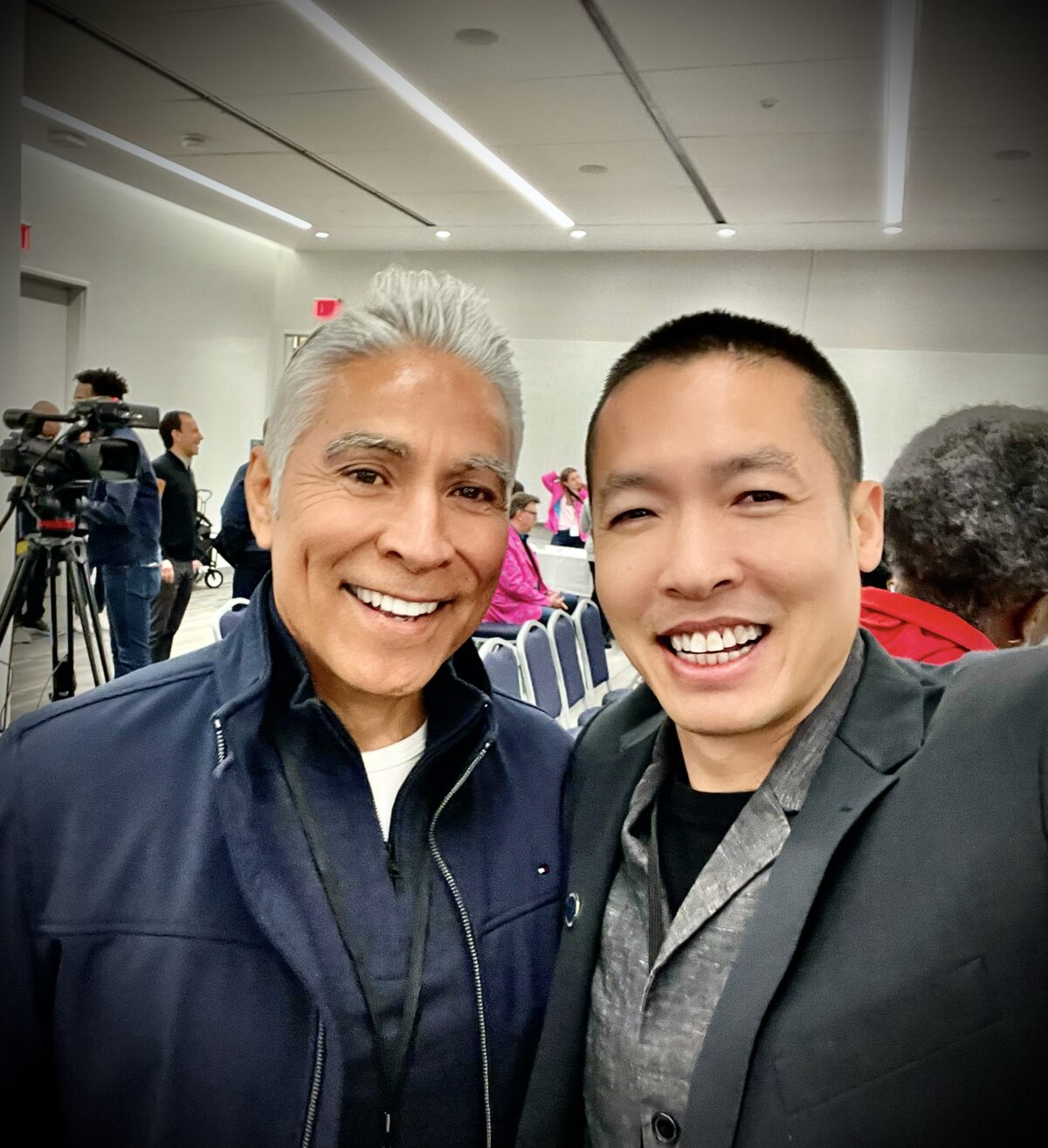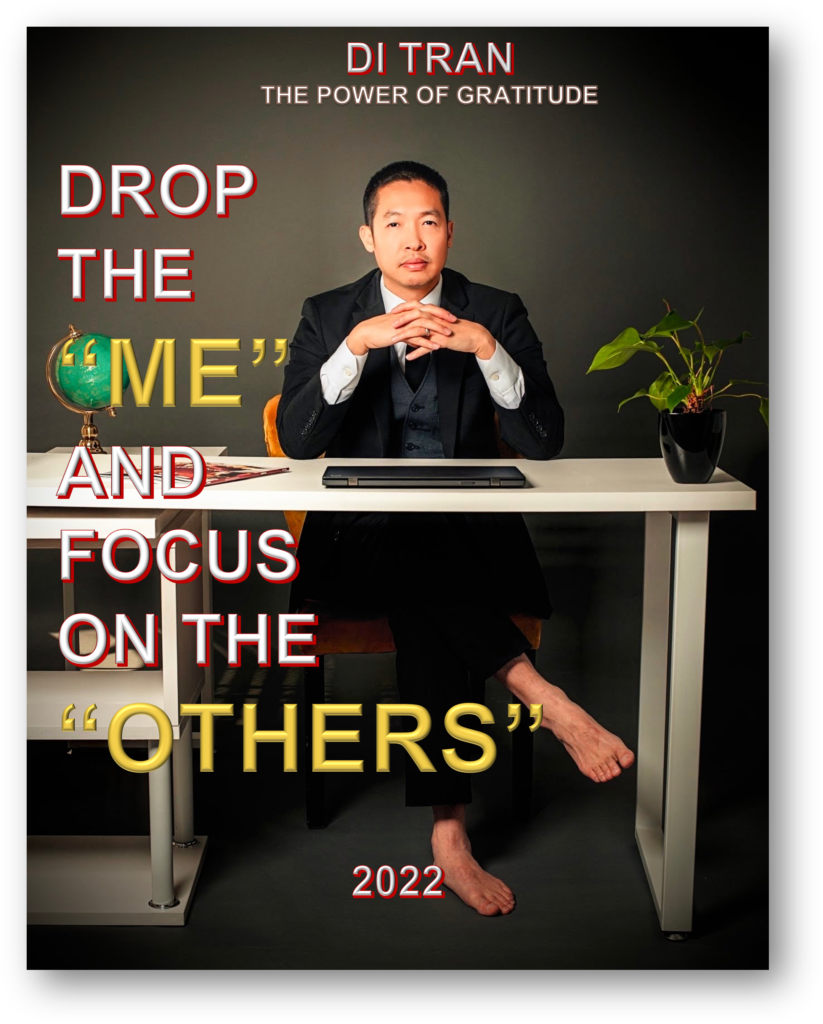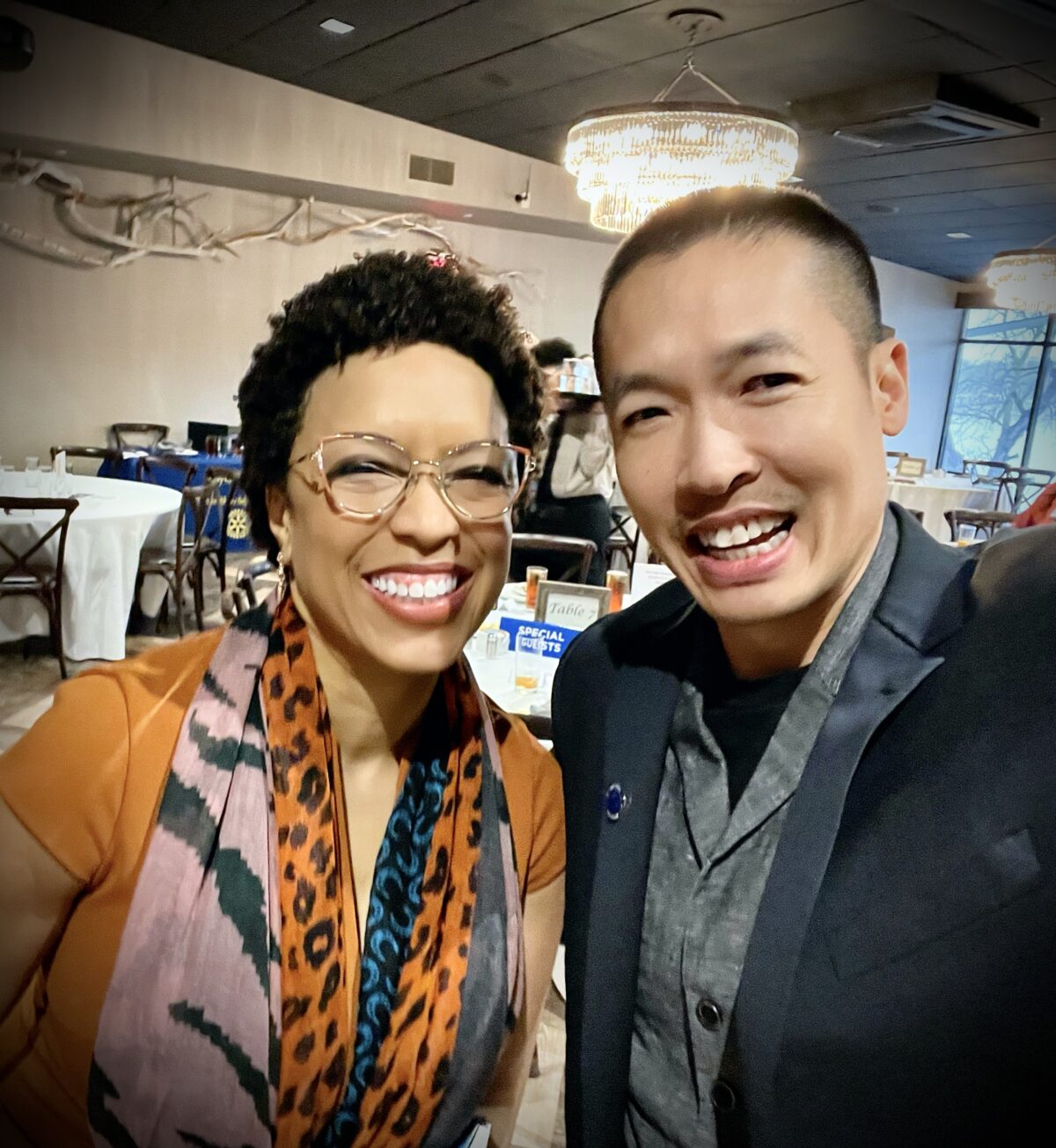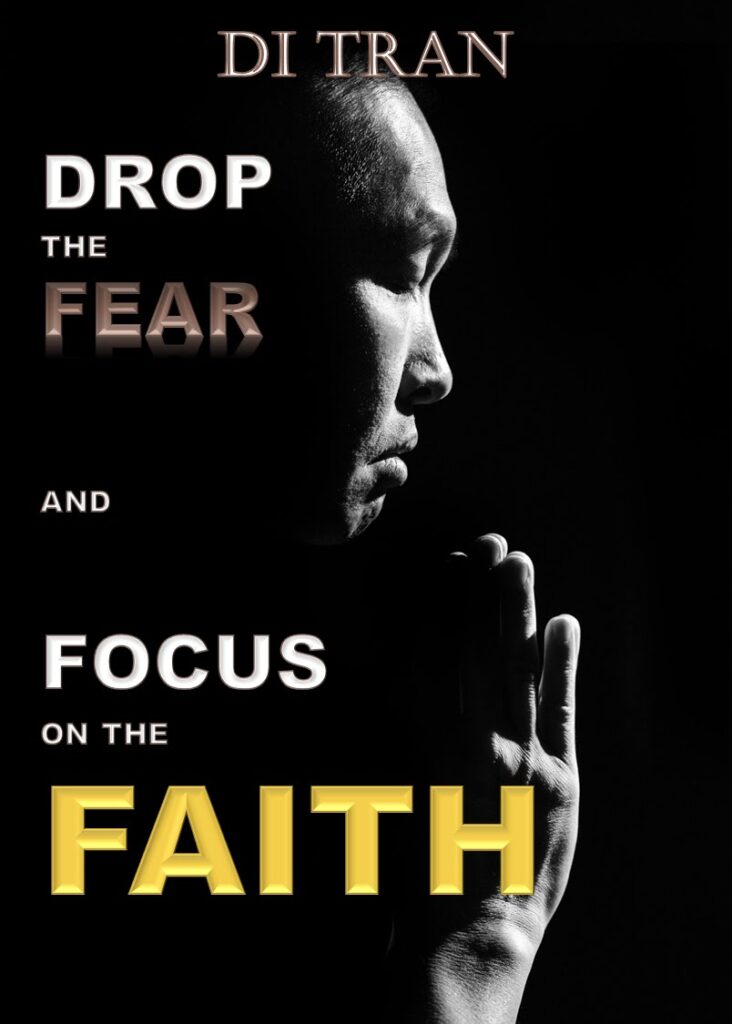The world we live in today is fast-paced and competitive. In such a world, it is easy to get carried away by our achievements and lose sight of the things that truly matter. Being humble is one of those things that matter, and it is an essential trait that we all should strive to cultivate. In this article, we will explore the importance of being humble and how it can impact our lives positively.
Being humble is an essential quality that we all should possess. It means having a modest opinion of oneself and being respectful of others. Humility allows us to acknowledge our limitations and weaknesses, which helps us to strive to improve and become better versions of ourselves. Moreover, it helps us to appreciate the contributions of others and value their opinions, leading to better teamwork and collaboration.

In his book, “The Art of Possibility,” Rosamund Stone Zander explores the concept of humility in depth. She argues that humility is not just about being modest; it is also about acknowledging that everyone has something to contribute. Zander writes that “when we are humble, we recognize that we are all in this together, and we can achieve more by working together than we can by working alone.”
Another book that highlights the importance of humility is “Good to Great” by Jim Collins. Collins argues that one of the traits that separate great companies from average ones is the presence of a humble leader. He writes that “Level 5 leaders display a paradoxical blend of personal humility and professional will.” These leaders are willing to put the needs of the organization before their own and are willing to learn from others.
Being humble also means being open to learning and feedback. When we are humble, we are more likely to accept criticism and use it to improve ourselves. In his article, “The Power of Humility in Leadership,” John Baldoni writes that “leaders who are humble are not afraid to admit they don’t have all the answers.” They are willing to learn from their mistakes and those of others.
In his book, “Drop the ME and Focus on the OTHERS,” Di Tran explores the concept of humility and how it can impact our lives positively. He argues that humility is essential in building strong relationships and creating a positive work environment. Tran writes that “when we focus on others and put their needs before our own, we create a culture of empathy and respect.”
Being humble is an essential quality that we all should strive to cultivate. It helps us to acknowledge our limitations and weaknesses, appreciate the contributions of others, and value their opinions. Humility also allows us to learn from others, accept feedback, and create a positive work environment. As Di Tran writes in his book, “Drop the ME and Focus on the OTHERS,” when we focus on others, we create a culture of empathy and respect, leading to better relationships and a more fulfilling life.
























